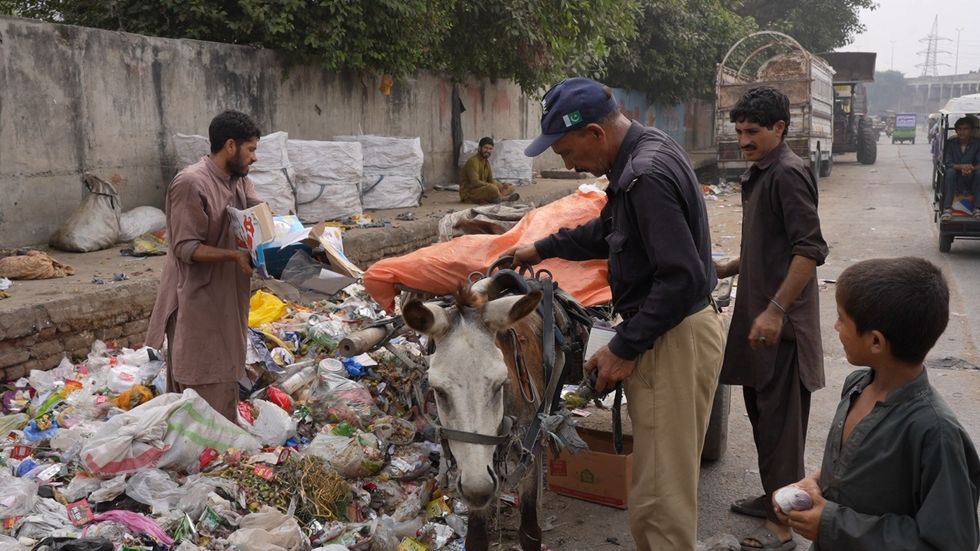Animal cruelty in Pakistan: Join the fight for animal rights!
Discover how you can make a difference and help create a compassionate future for all creatures

Haider Amin
Correspondent, Nukta
Haider Amin is a multimedia broadcast journalist with an experience of almost 18 years. Served media industry as reporter, associate executive producer and head of packaging department.
In Pakistan, incidents of animal cruelty and neglect of their rights are reported daily. Some of these cases are reported, leading to some action, but many incidents go unreported, and there is often no perceived need to report them. A major reason for this is the misuse of ownership rights. Animal owners believe that these creatures are their property and that they can treat them however they wish. Additionally, the lack of enforcement of ethical guidelines regarding animal care and the absence of penalties or fines also significantly contribute to the violation of animal rights.
For example, in June of this year, a landlord in Sanghar, Sindh, cut off the leg of a donkey that entered his field. Similarly, in September, a powerful landlord in Pattoki, Punjab, chopped off a donkey's leg with an axe for entering his fields. These incidents were reported, and FIRs were filed, but thousands of cases remain unknown. Sometimes, people wish to help animals suffering from cruelty or distress, but most do not know whom to contact for reporting. Various government organizations have been working for years to protect animal rights and save them from human cruelty, yet due to a lack of effective strategies, a large portion of the population remains unaware of these organizations and their work.
One such organization is the SPCA (Society for the Prevention of Cruelty to Animals). The SPCA's Anti-Cruelty Department is responsible not only for protecting animal rights but also for safeguarding them from human cruelty. Whether it involves donkeys pulling carts, horses used for transport, or stray dogs on the streets, the SPCA's job is to monitor their health, food, and the work they are subjected to. SPCA staff patrol the streets at various times to observe the animals. If they witness cruelty or negligence regarding food and weight management, they can fine the owner.
Despite the actions taken by the Anti-Cruelty Department, cruelty to animals persists, partly due to the very minimal fines imposed, which are still only fifty rupees under an outdated law. However, a solution has been proposed: if an animal owner does not pay the fine after two or three warnings, their animal can be seized until the legal process is followed.

The staff of the Anti-Cruelty Department also responds promptly to citizen complaints about animals and takes necessary actions for the welfare of abused animals. Additionally, they collaborate with various NGOs to care for sick and abandoned animals. Shelters have been established for stray, injured, and sick animals, where doctors and staff work tirelessly for their rehabilitation.
According to Dr Fawad Jabbar, in charge of the SPCA in Punjab, their organization operates in 17 districts, with a team of one inspector and two guards dedicated to protecting animal rights in each district. Dr. Fawad stated that the Anti-Cruelty Department also conducts operations in collaboration with wildlife and other organizations to rescue rare animals and birds.
Despite the SPCA's efforts, the organization face challenges in achieving effective results due to limited resources, and a large segment of the population remains unaware of its name and work.











Comments
See what people are discussing